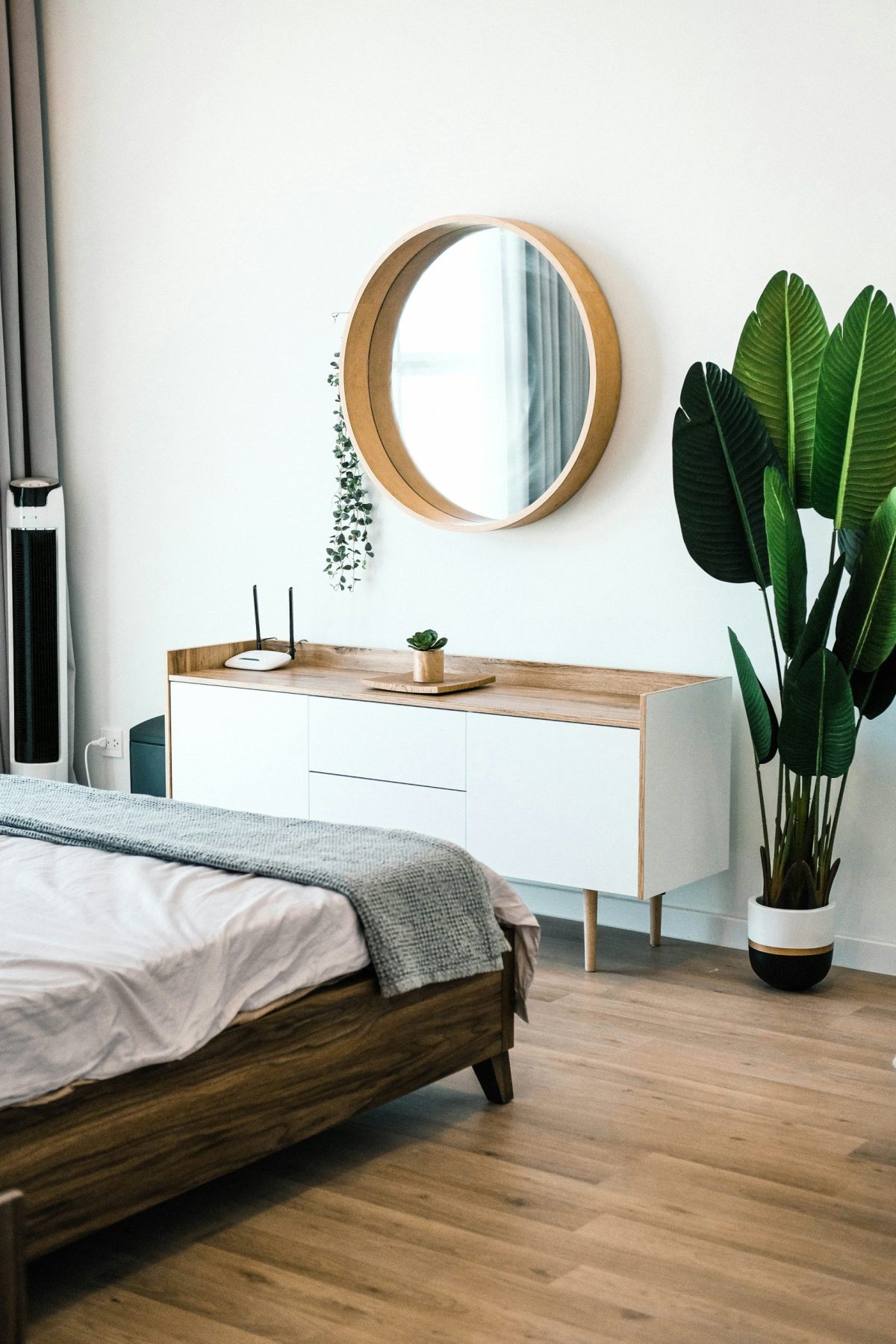
At Oasis PNW, our Partial Hospitalization Program (PHP) is designed for individuals who need structured, high-level support without the restrictions of inpatient care. We offer six hours of clinical programming, five days a week, providing a foundation for meaningful recovery by addressing substance use, mental health challenges, and trauma. This approach prioritizes both clinical excellence and personal well-being, focusing on immediate recovery needs while helping to build the future you deserve.
Participants in a PHP engage in group therapy sessions supervised by a licensed clinician. Such structured day programs allow clients to share experiences, learn coping strategies, and build peer support as they work through recovery challenges. Group discussions and therapeutic activities reinforce lessons from individual counseling, contributing to a strong foundation for long-term sobriety and personal growth.
Individuals in our PHP have priority access to our luxury sober living residences, ensuring a stable and supportive environment that fosters healing. We also provide daily transportation between housing and the treatment center to make participation seamless and stress-free. By taking care of these logistics, the program allows individuals to focus entirely on their recovery journey without distractions or instability.
Structured, high-end recovery residences designed to support lasting stability and comfortable, sober routines.
Individual and group therapy with experienced clinicians (CADC III & CADC II) to address the root causes of addiction and develop effective coping strategies.
Includes access to Suboxone® (buprenorphine), Vivitrol® (naltrexone), and other FDA-approved medications to support long-term sobriety. These evidence-based treatments help reduce cravings and improve retention in recovery programs.
Addressing co-occurring issues like depression, anxiety, PTSD, and other underlying conditions as part of the treatment plan. Integrated care for co-occurring disorders is recommended because it leads to better overall outcomes for clients.
Guidance from Certified Peer Mentors (PSS/PWS) who draw on their lived recovery experience. Peer support has been associated with reduced relapse rates and improved engagement in treatment, offering clients encouragement and a sense of community.
Practical training in financial independence, career development, and real-world relapse prevention strategies. By building life skills, clients gain confidence in managing daily responsibilities and stresses without substance use.
Recovery is about more than just stopping substance use—it’s about rebuilding a life that is healthy, meaningful, and sustainable. Our PHP provides the structure and clinical expertise needed to help individuals move forward with confidence, addressing the root causes of addiction and promoting personal growth along the way.
Mental health challenges and trauma often lie at the core of addiction. Our PHP offers specialized care to help individuals stabilize, process, and move forward with clarity and confidence in their mental health. By treating underlying issues concurrently with addiction, we aim to break the cycle where unaddressed trauma or mental illness can lead back to substance use.
Healing from addiction isn’t just about therapy sessions—it’s about restoring balance to the whole person. Our wellness program integrates physical movement, mindfulness, and nature-based experiences to complement clinical care and promote overall well-being. By engaging the body and the senses, clients often find new avenues of stress relief and self-discovery that reinforce their recovery.
Recovery extends beyond the individual—it impacts families, relationships, and entire communities. In fact, involving family members in substance use disorder treatment can improve client engagement, retention, and outcomes, as positive family support is linked to better long-term recovery. At Oasis PNW, we encourage family engagement at every level of care to help rebuild trust and create a solid support network for our clients.
For those seeking additional structure and stability outside of treatment hours, our luxury sober living residences offer a safe, high-end environment where individuals can focus on healing without distraction. These homes provide a substance-free, comfortable setting designed to reinforce healthy routines. In a welcoming, upscale atmosphere, clients can practice independent living skills while still benefiting from the accountability and support of a recovery-focused community. Staying in sober living during PHP helps bridge the gap between intensive treatment and returning home, greatly reducing the risk of relapse during this critical transition.
Getting into treatment should be easy. We offer same-day admissions and intakes, ensuring that individuals can receive the clinical care and structured support they need without delay. If you or a loved one are ready to take the next step, call now to begin the intake process and secure a place in our Partial Hospitalization Program.